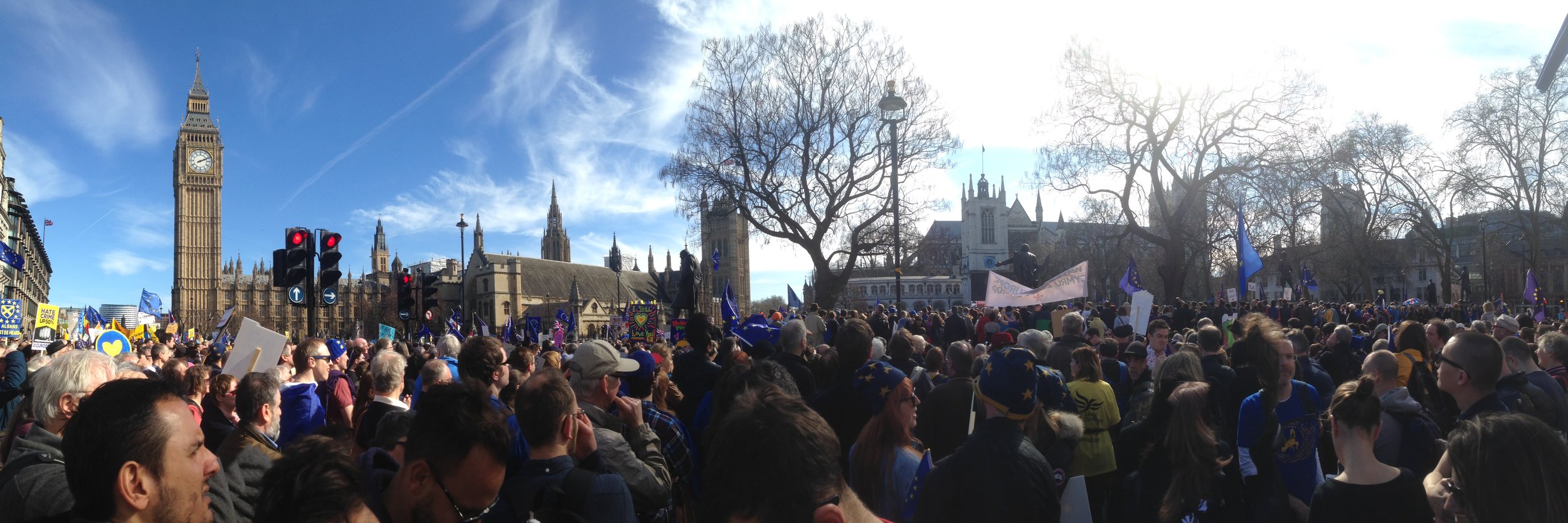How the left should tell stories about poverty
The evidence is in: putting money directly into the pockets of poor people is the best way to address systemic poverty. This simple approach is the most effective solution to poverty. Doing something clever involving vouchers that can only be spent at certain shops is simply less effective.
A recent study from Oxford University has found that giving money directly to poor people protects them against external economic shocks, is easier to distribute than food (or other goods) and it stimulates the economy.
In a blog post about the report, researchers said: “There are anecdotes of welfare queens: people spending their welfare money poorly. But the anecdotes just do not bear out the reality in large samples of people. There is really no good evidence of waste. A review of 19 studies by the World Bank found cash grant recipients did not increase spending on alcohol or cigarettes.
UK welfare policy
This should inform welfare policy in the UK. In this country, we have seen the impact that cutting the amount that goes to the poor has had over the last ten years. Child poverty is up, homelessness is up, food poverty is up, child malnutrition is up. Who knew there was a simple answer to this?
So, why don’t we give more money to the poor? Well, you can imagine why. The reason is the bluster that would explode all over the right-wing press if the government were to do anything as nice as giving people who need money, some money.
This means we have reached a point where most people in society (or at least a vocal minority) are dictating that the government follow a strategy for poverty elimination not supported by evidence. According to The Joseph Rowntree Foundation, 56% of people living in poverty in 2018 were in a household where at least one person was working, but we still hear stories about scroungers and the work-shy.
Stories about poverty
Why? Because most people have an image of poor people being lazy and feckless that has been built up in their minds over years. Mainly by right-wing tabloids, keen that the government stop doing anything that will help anyone who isn’t already rich, but also through cravenly opportunistic TV shows eager to jump on a stereotype as an excuse for topical programming. These stories, from Benefits Street to Daily Mail headlines about single mums, have a greater effect on the public than the evidence of a report from the country’s leading University.
This is because stories that we connect with work better than evidence in changing our minds, or re-enforcing that we already believe. This is something that the left has struggled with for a while, as this post by Alina Siegfried points out. It’s mainly focused on American politics, but it applies equally to the UK. Especially when she says:
“Using the examples of the election of Trump, the leave vote of Brexit, and the complete failure of our global society to meaningfully address the threat of climate change, [Alex] Evans points out how the left places undue value on rationality and reductionist scientific reason above other ways of knowing, as if that’s the only way to win an argument and change behaviour. We forget how crucial a role story, narrative and myth play in our lives and our psyches. Nigel Farage and Donald Trump alike crafted a mighty compelling myth. Just think of the slogan, Make American Great Again. Taken at face value, what American wouldn’t want that?”
Bleak stories about poverty
The solution to this? The left need to tell stories about welfare and poverty that contradict the right-wing narrative that is ever-present in society, instead of relying on facts to win the day. However, these need to be the right kind of stories to have the desired impact.
It’s tempting (especially from the point of view of a middle-class person, like myself, who didn’t grow up in poverty) to make these stories as bleak as possible. We could paint a picture of a bedraggled underclass who toil all day in thankless jobs yet are unable to feed their children whilst paying rent on their damp, draughty bug-infested flat on a forgotten council estate. Something between a modern Charles Dickens and Cathy Come Home for the 2020s.
This would be a mistake. The evidence shows that using images that are bleak for depicting poverty doesn’t work in creating empathy or promoting social change. Instead, this makes everyone feel hopeless and it alienates poor people who feel stereotyped.
Stories can change minds
This applies for stories as well as photography (which is what the article above specifically dives into). Political storytelling is more than just words, creating a narrative that challenges the dominant perception of the poor will require the use of photography, video, writing and other techniques across a variety of platforms, from social media to the news bulletins on music radio.
There are several organizations in the UK who are telling these stories, some of them are charities such as Shelter and the Joseph Rowntree Foundation, some are publications such as the Guardian. These stories are having an effect, as public opinion is (slowly) moving away from rapid anti-welfare sentiments and towards more sympathy for the poor. Recently a number of Tory MPs supported an increase in the rate of Universal Credit. Was this sudden outpouring of care a result of more people (and more middle-class people) claiming UC because of the pandemic or a sign of a wider change? Only time will tell.
A narrative against austerity
The left needs to think hard about the stories about welfare that we want to tell. Public sector debt has risen during the pandemic and the narratives of austerity, with its insistence on the need to cut public spending, look likely to come roaring back into politics. It’s important that the left has a counter narrative to this. A narrative about the importance of welfare as a safety net that isn’t based on depressing depictions of poverty, but ones that empower poor people and challenges stereotypes about the work-shy.
By putting the needs, stories and opinions of the people living in poverty at the centre of any political narrative, the left can win the argument and guarantee that welfare is available to help the poorest in society. We already have the facts that show that this works; now we just need the narrative to convince everyone.
Cover image by Victoria Johnson and used under creative commons.









